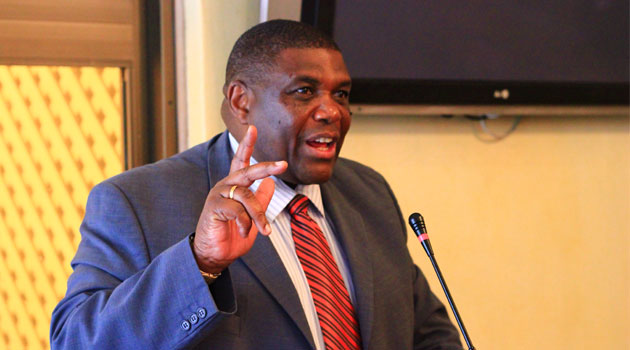
A Call for Neutrality » Capital News
I write this article on the Sudan crisis with deep grief. Why does the peace process fail each time it starts? Why do the parties involved in the Sudan peace process disregard and reject invitations to mediation efforts in Geneva?
There are many underlying reasons, and as peace advocates, it’s our duty to uncover and expose them. One critical factor is the selection of biased mediators or envoys for this noble cause. The choice of mediation venues that threaten both generals, the involvement of countries that have taken sides, the International Criminal Court (ICC) case against General Bashir pursued by the Americans, and the cheap rivalry among Gulf States also play significant roles.
I have long been a critic of the mediation process in the Sudan conflict, which is influenced by the very countries that have vested interests in Sudan. Recent events unfolding in Geneva since August 14, 2024, have only vindicated my stance.
I have consistently criticized the African Union Commission (AUC), the African Union (AU), and the Intergovernmental Authority on Development (IGAD) for their failure to grasp the complexities of the Sudan conflict. It should come as no surprise to these bodies when the parties don’t show up to peace talks—they are, in fact, the obstacles. Take IGAD, for example, which seems to lack confidence in its own ability to address the conflict.
It is baffling to any conflict resolution scholar how a conference can proceed without the attendance of those most affected by the outcomes. This should be a warning to those who are holding this conference for their own political expediency, such as the upcoming U.S. elections in November 2024.
The Sudan situation reveals a severe lack of depth and an inability to handle the complexities of real-world conflicts. Some countries in Geneva seem to view conflicts as economic investments, where they can choose to support winning and losing sides. But it is much more complicated than that.
Those supporting certain Sudanese factions at the peace conference might believe that offering uncritical support will bring peace to the region. The problem with these conferences is that those calling for them have become targets of criticism. But my critique isn’t about picking sides in the peace process, as if I were supporting a football team. My aim is to contribute to the progress of the peace process, which is entangled in the political economics and geopolitics of the region where Sudan is located.
My criticism of the Sudan peace process began long before 2022. I regret what I have said about the conduct of a peace process that excludes the participation of those suffering the most.
I have written several letters to Sudanese Generals Mohamed Hamdan Dagalo and Abdel Fattah al-Burhan, UN Secretary-General António Guterres, AUC Chairperson Dr. Moussa Faki Mahamat, and IGAD Executive Secretary Dr. Workneh Gebeyehu, expressing my deep concerns about the vested interests of the Gulf States.
The peace process has been flawed from the start, focused more on serving interests than delivering peace. Countries like the UAE and Saudi Arabia have taken sides, making it difficult for peace to be achieved, even as people continue to suffer in Sudan.
The dangerous “Gulf state politics” that has thrown the region into turmoil is slowly spreading across the entire Red Sea region over the last two years. My concerns remain entirely valid.
I have consistently criticized the monopoly of war knowledge held by Gulf States that divided Libya and have failed to bring unity to the country. These same countries are now seen as obstacles to peace in Sudan and are unashamedly acting as catalysts for conflict.
They are conducting business using the plight of the Sudanese people, who face a severe humanitarian crisis, potentially turning Sudan into an arms market. This is a very valid concern for me as a Pan-African.
The truth is that the peace process is a farce. Ideally, arms dealers should not attend the peace talks because they are interested parties seeking to control arms sales to the warring factions. This is one of the main reasons why peace talks have failed.
This is a significant sticking point that has made peace negotiations impossible. The UN is aware of the truth, but members of the UN Security Council (UNSC) who are involved in the Sudan conflict have been ineffective in stopping this crisis.
However, when the choice is between foreign supporters of both sides and the imposition of dependence on foreign arms dealers who have caused millions of deaths in Africa while operating from air-conditioned offices in Gulf States, I have chosen to support neutrality.
This is our continent, and if we don’t speak out against those who want to export war to our lands, we will be to blame. I will never advocate for the continued poverty of Africa for the benefit of a few rich states in the Western Hemisphere and the Gulf States. That is why today, we call on them to stop selling arms to both sides.
I have done my best as an African to highlight the flaws in the Sudan peace process to find a solution for the suffering masses of Sudan, who are fleeing from the fighting. This is the reality on the ground.
Let us remember the men, women, and children trapped by war in Sudan.
God bless.
